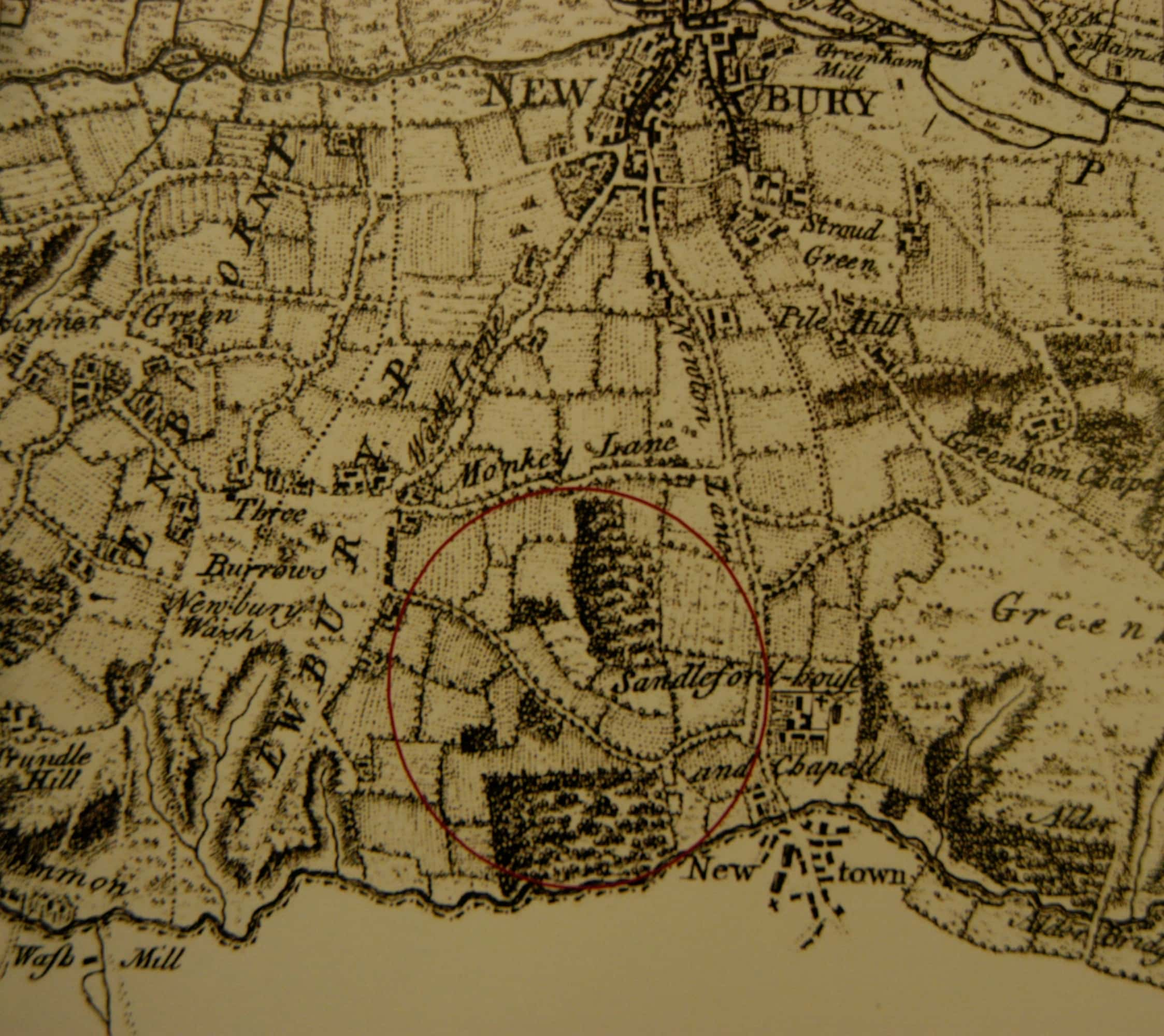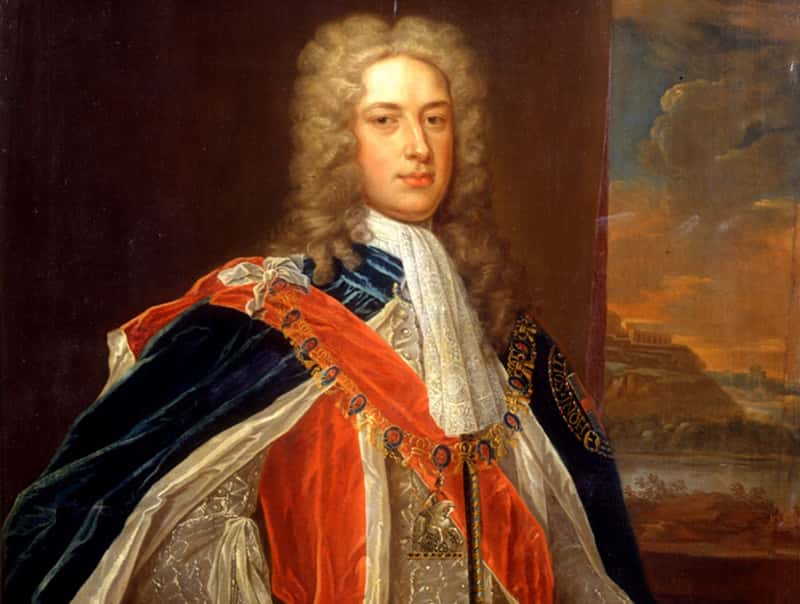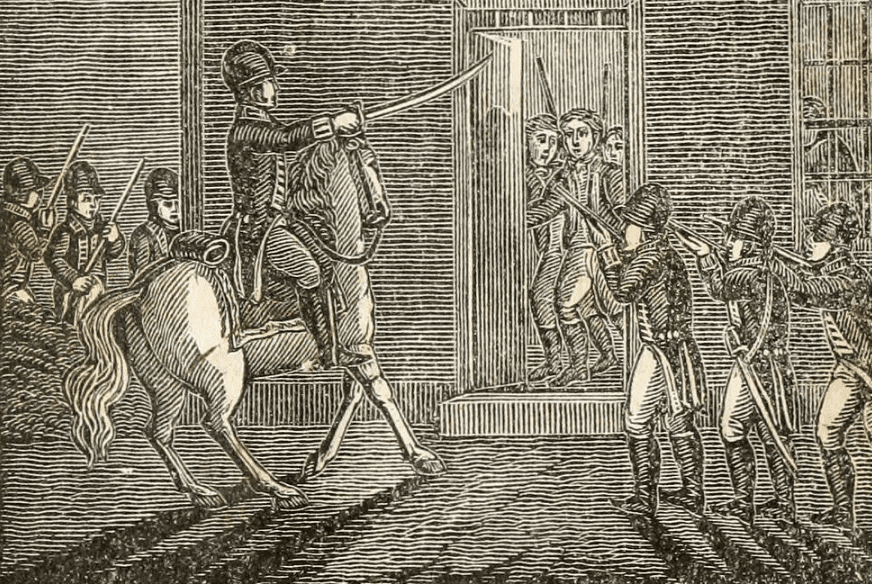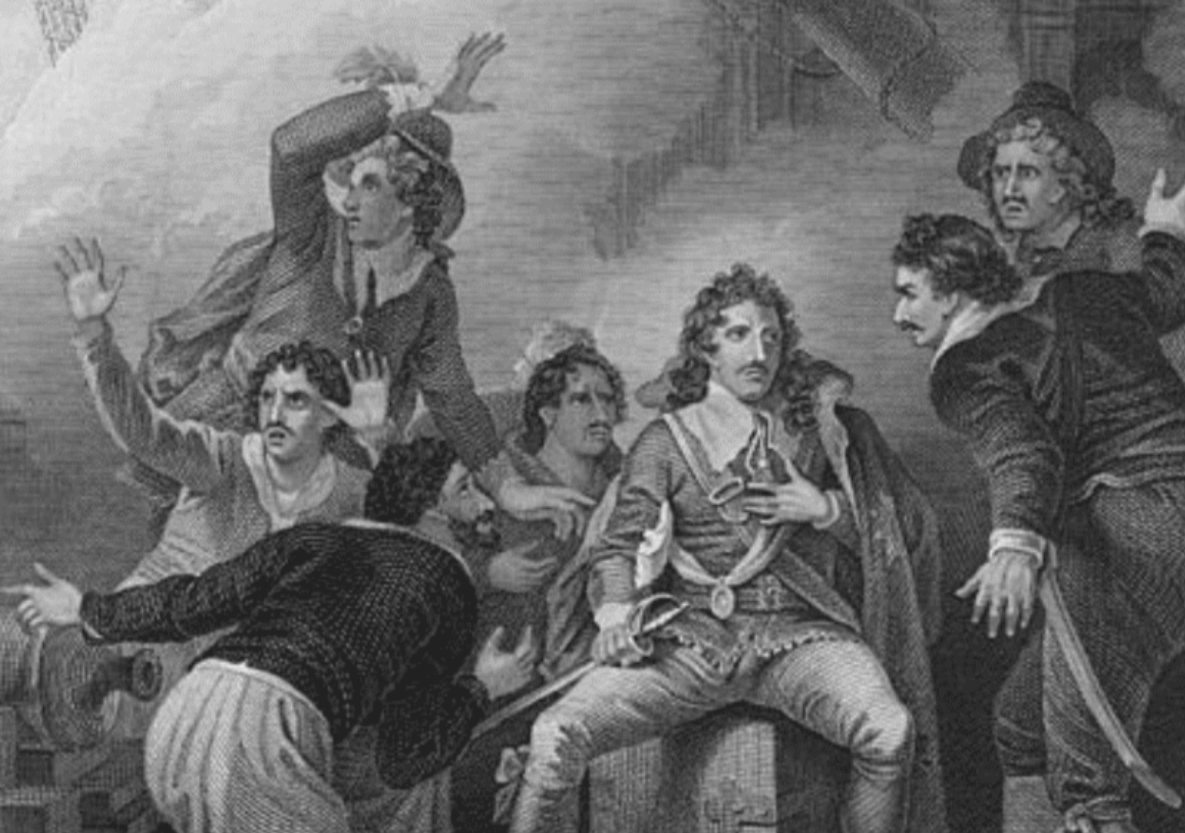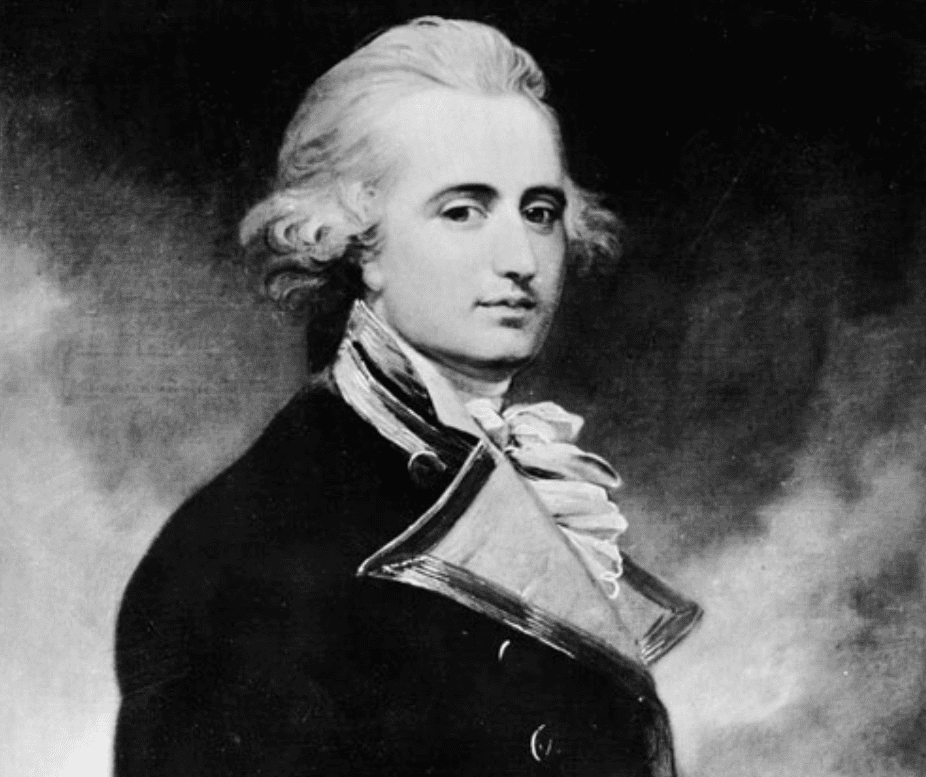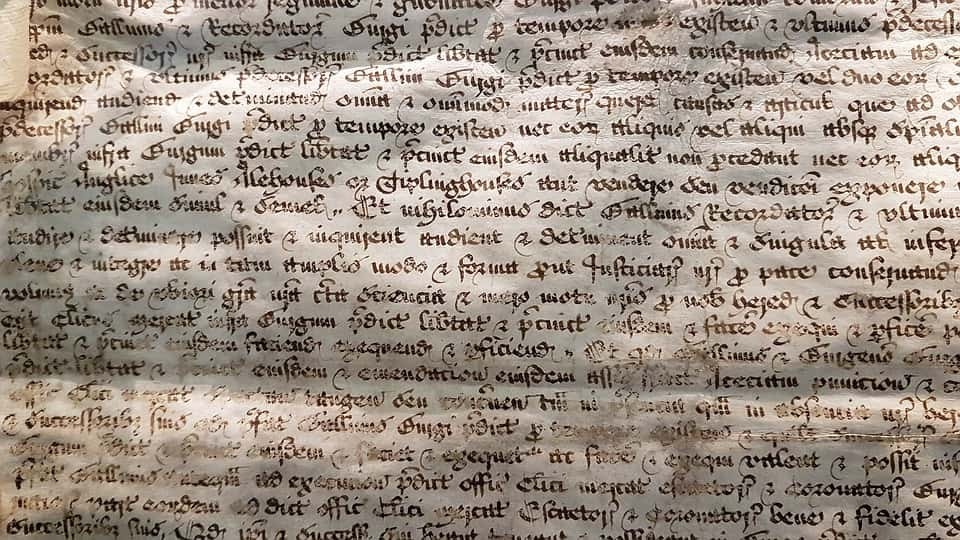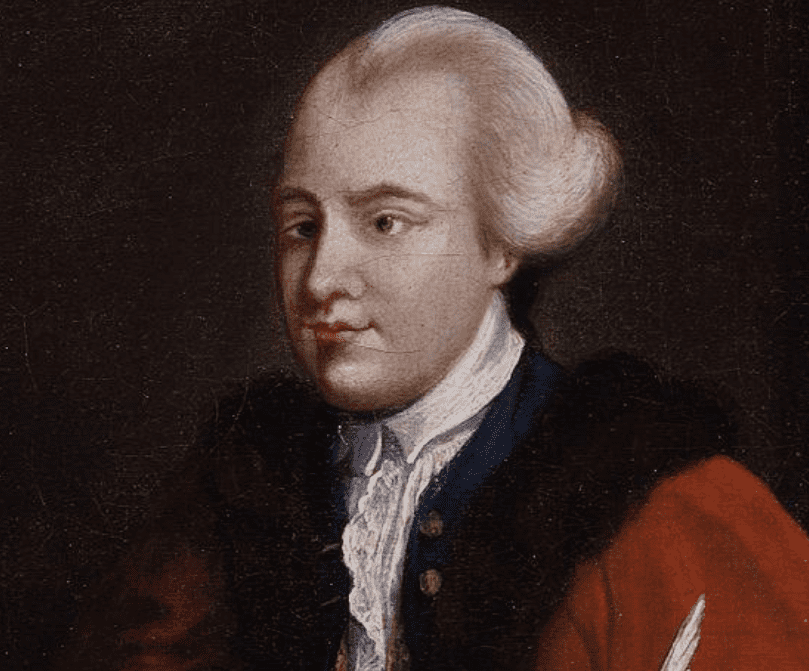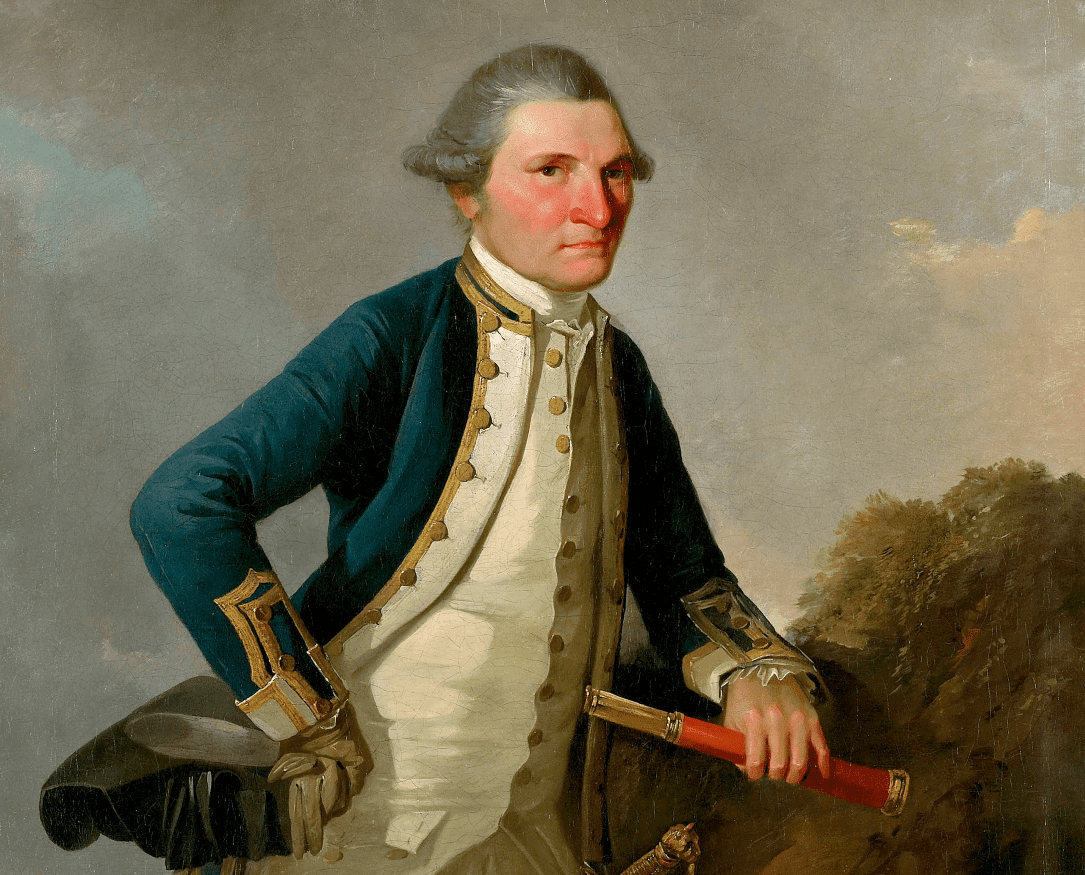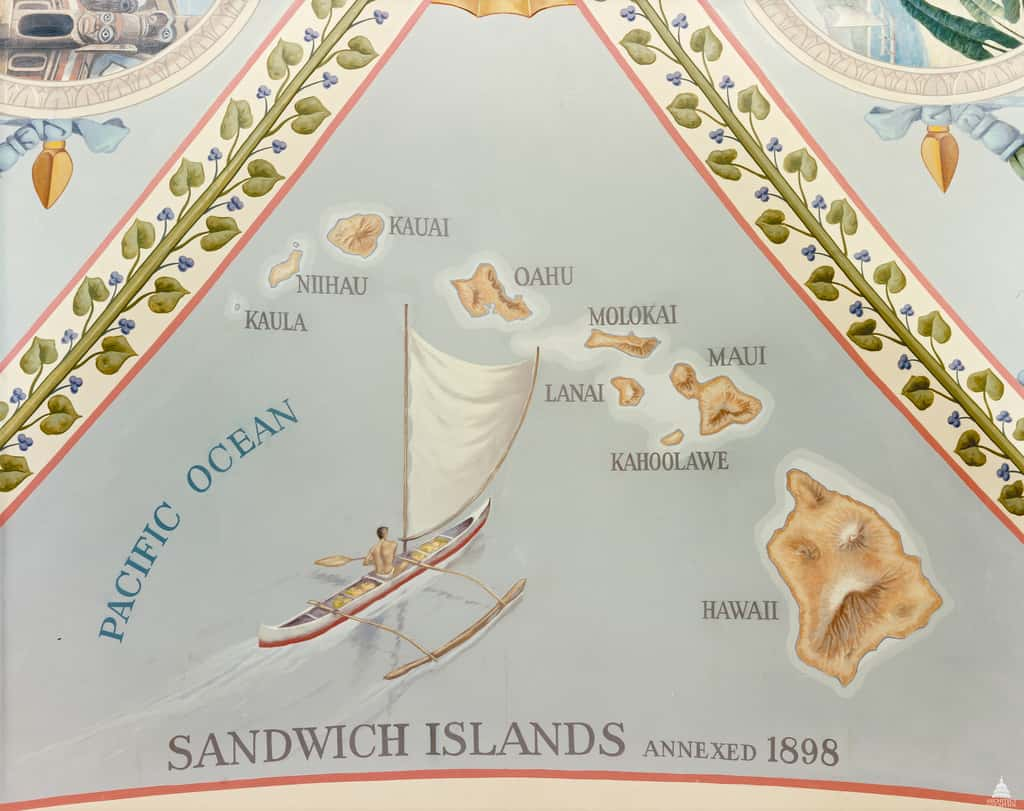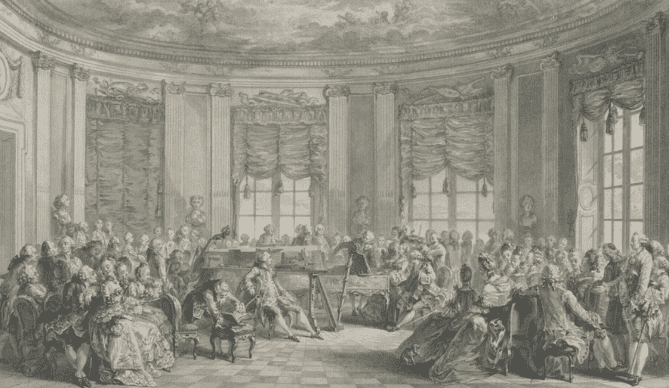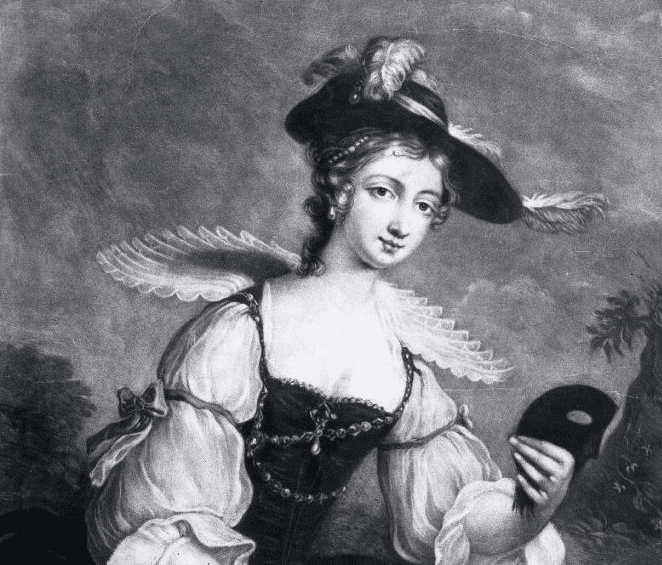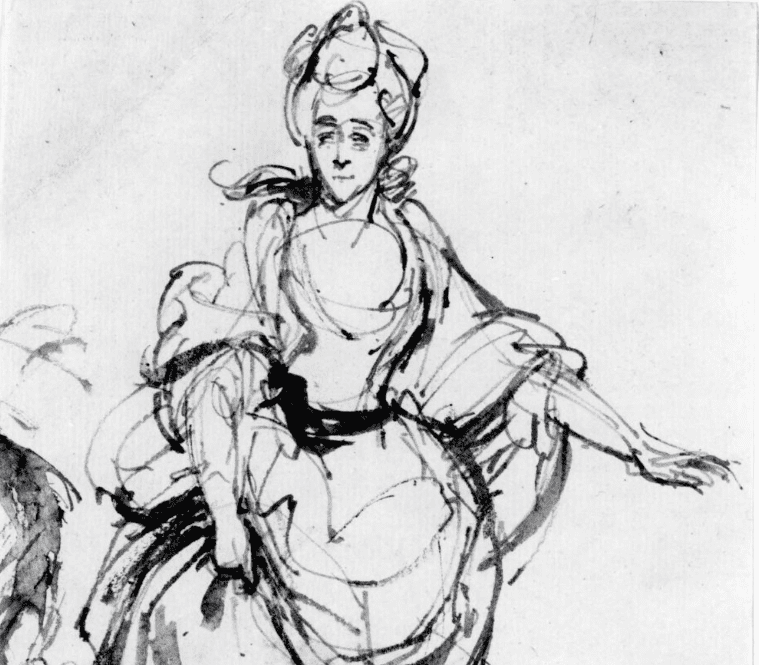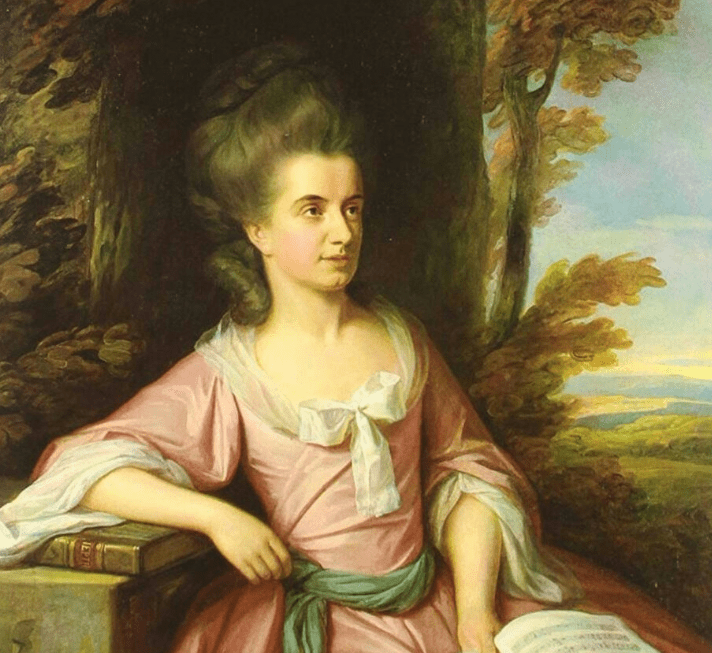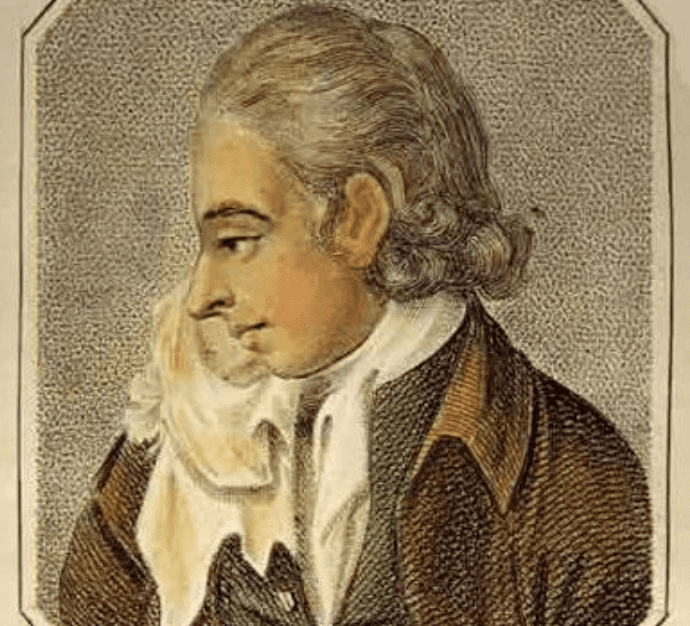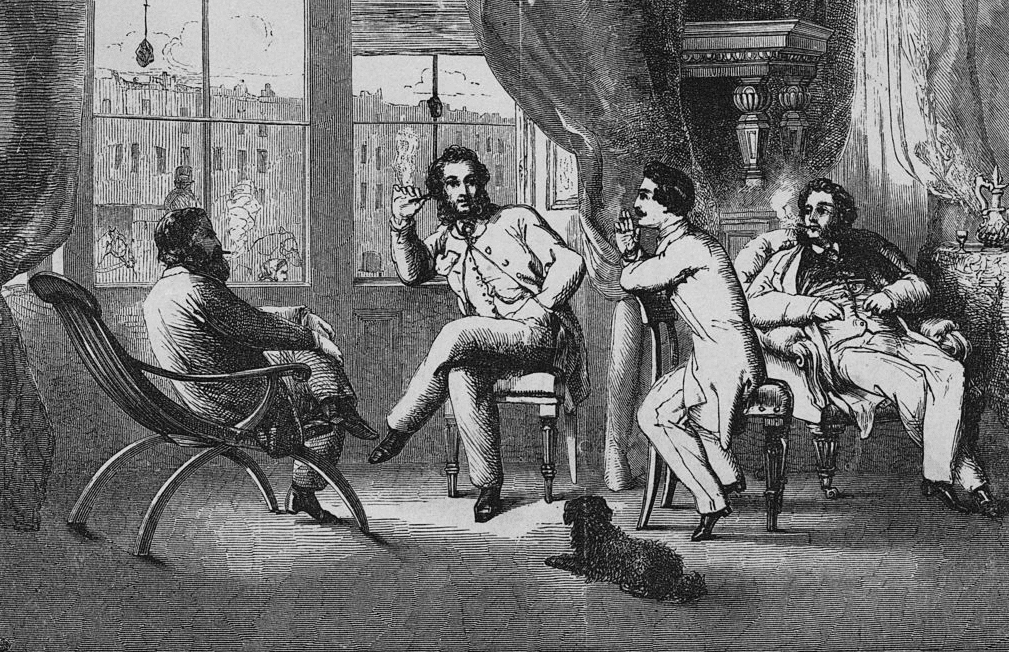John Montagu, the 4th Earl of Sandwich was born in 1718 to Edward Montagu, Viscount Hinchingbrooke and Elizabeth Popham. He was a British statesman who held many important army and political positions such as Postmaster General, First Lord of the Admiralty, and Secretary of State for the Northern Department. He is best known for popularizing the sandwich, and for his role in the restoration of Charles II to the British throne. Below are 43 facts about the famous earl.
1. Food of Convenience
As the story goes, Montagu’s "invention" of the sandwich as we know it was a direct result of his gambling habit. During long games, he really hated having to break for food but still needed to eat. During one game in 1762, He asked his servants to bring him meat served between slices of bread. Another story suggests that the sandwich came about so he wouldn’t have to get up from his desk during long working hours.
Whichever it was, the name stuck, and the sandwich’s popularity grew.
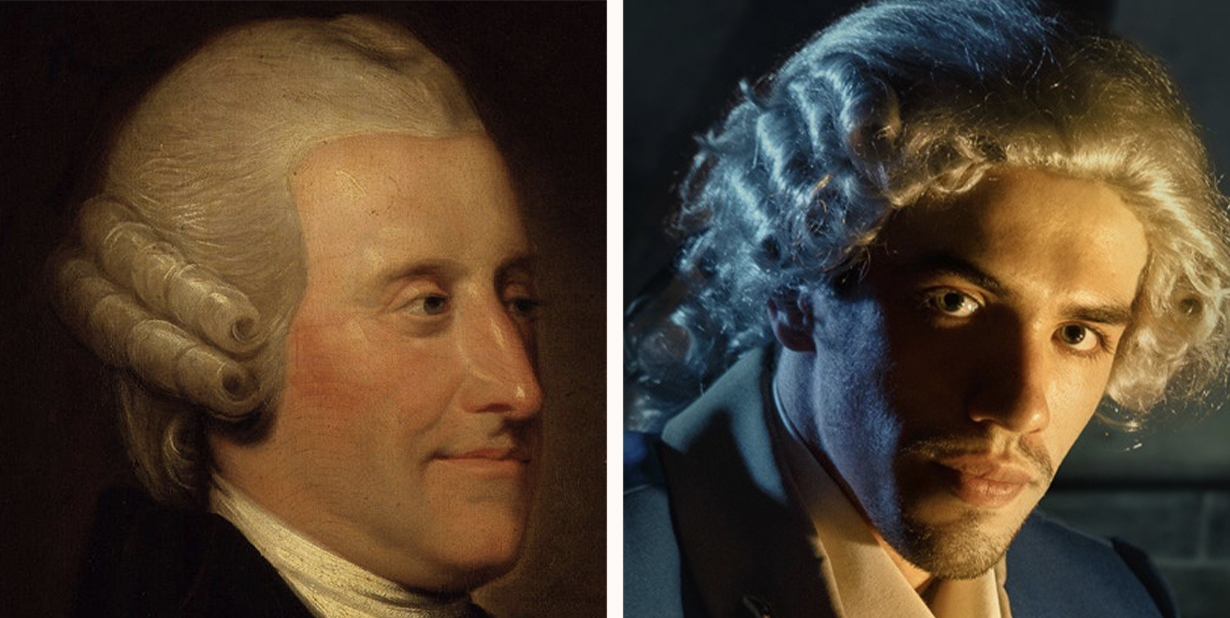
2. Bad Rap
There are a lot of negative stories that surround Montagu, but as immoral as he may have been in his private life, in his public life he accomplished more than he’s given credit for. A lot of his critics were morally righteous people who disliked him for not living up to their standards and successfully smeared his reputation.
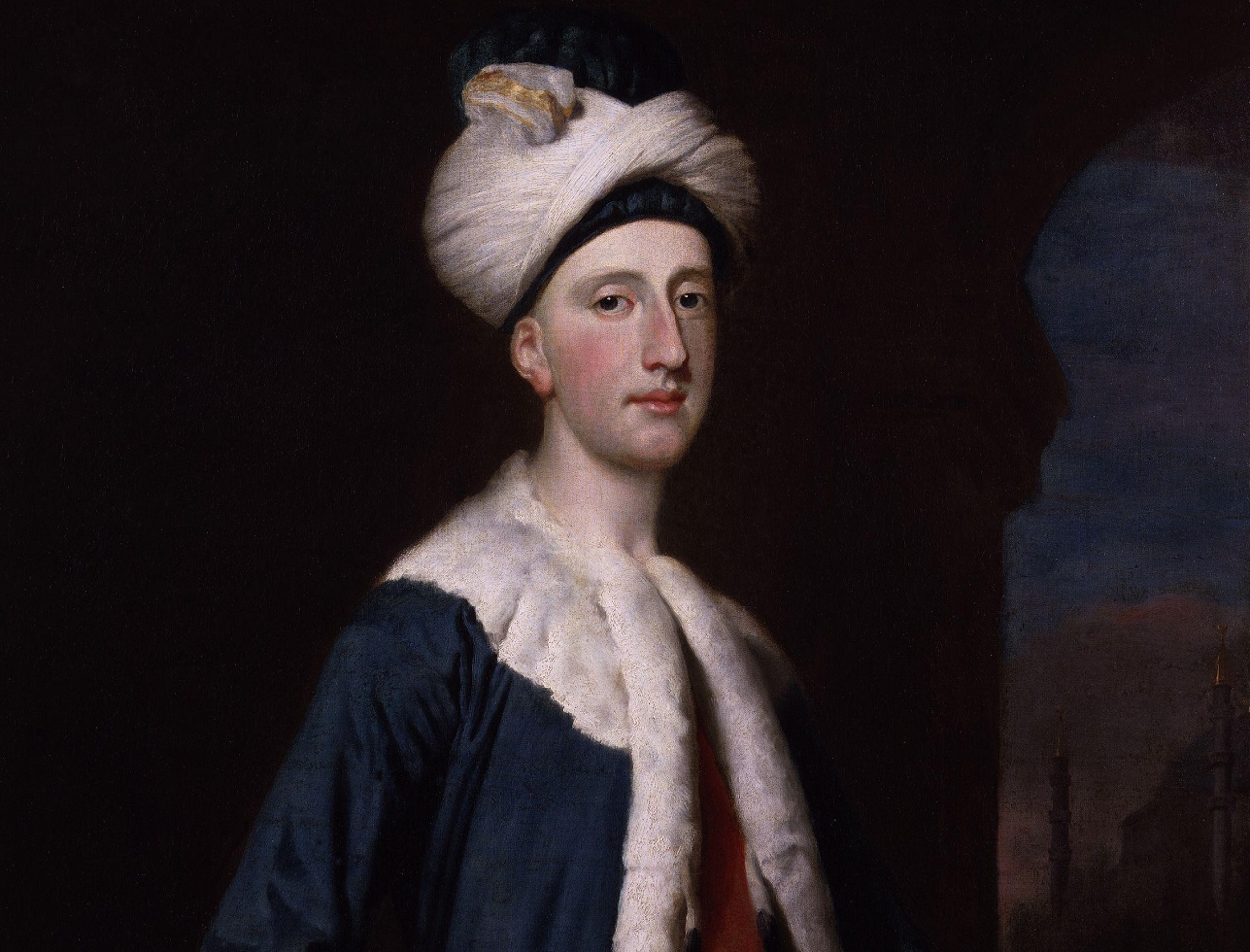 Joseph Highmore, Wikimedia Commons
Joseph Highmore, Wikimedia Commons
3. I Choose Sandwich
In 1660, when John’s great-grandfather Edward Montagu was offered an Earldom, he had a choice between Portsmouth and Sandwich. He chose the latter because it was the number one seaport in England. He was also commanding a fleet which was anchored just off of Sandwich while waiting to bring Charles II back to England.
4. Shocking Behavior
Prior to Montagu’s invention of the sandwich, food was served in an extremely formal and ritualistic manner. To dispense with the formality and eat with his fingers was pretty risqué behavior for the time for anyone, but especially for a man of his social standing.
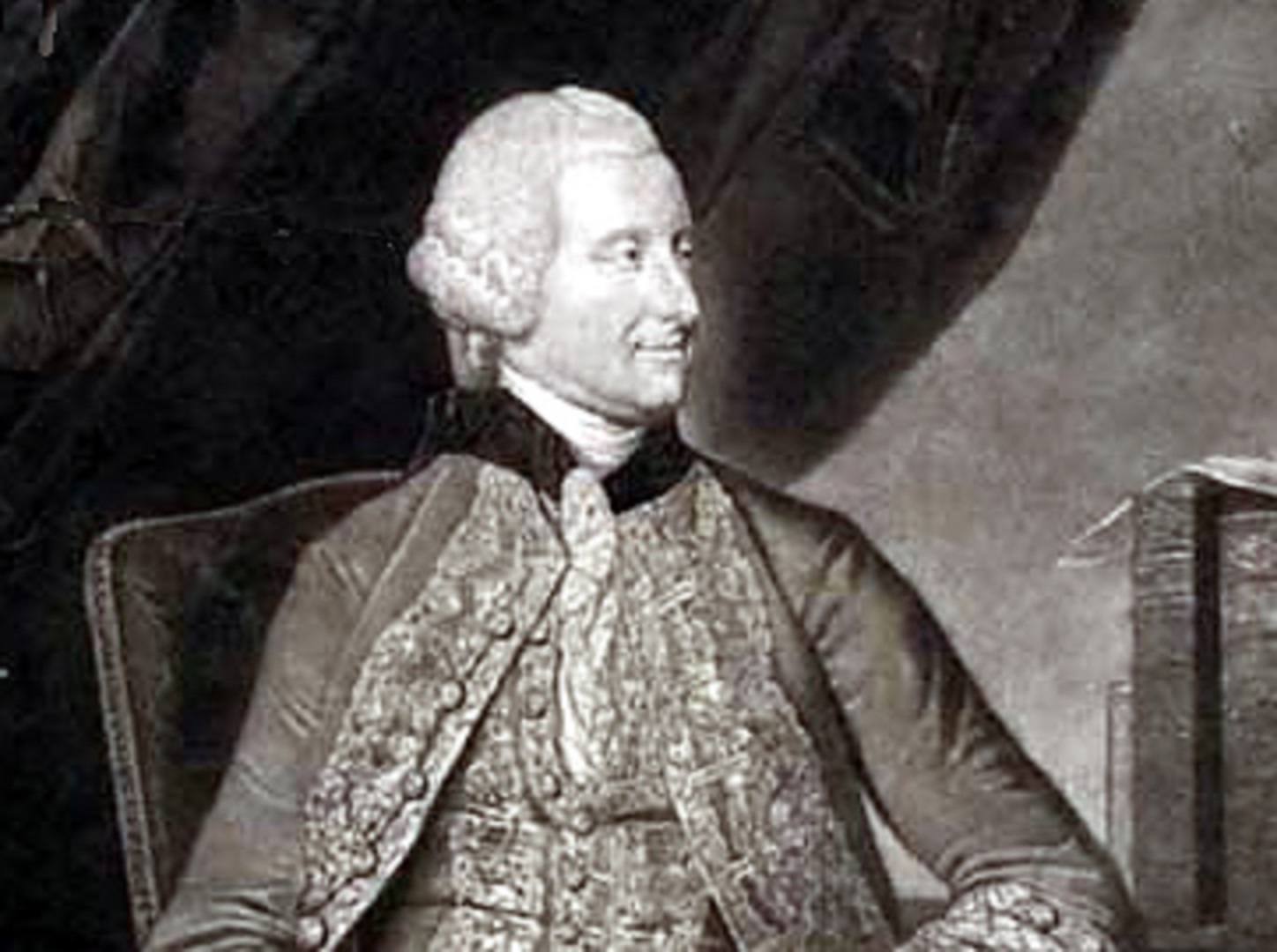 Valentine Green, Wikimedia Commons
Valentine Green, Wikimedia Commons
5. Hypocrite
While serving as secretary of state for the Northern Department, Montagu took part in the prosecution of politician and onetime friend John Wilkes for libel. The action earned him the nickname Jeremy Twitcher, who was a traitorous character in The Beggar’s Opera.
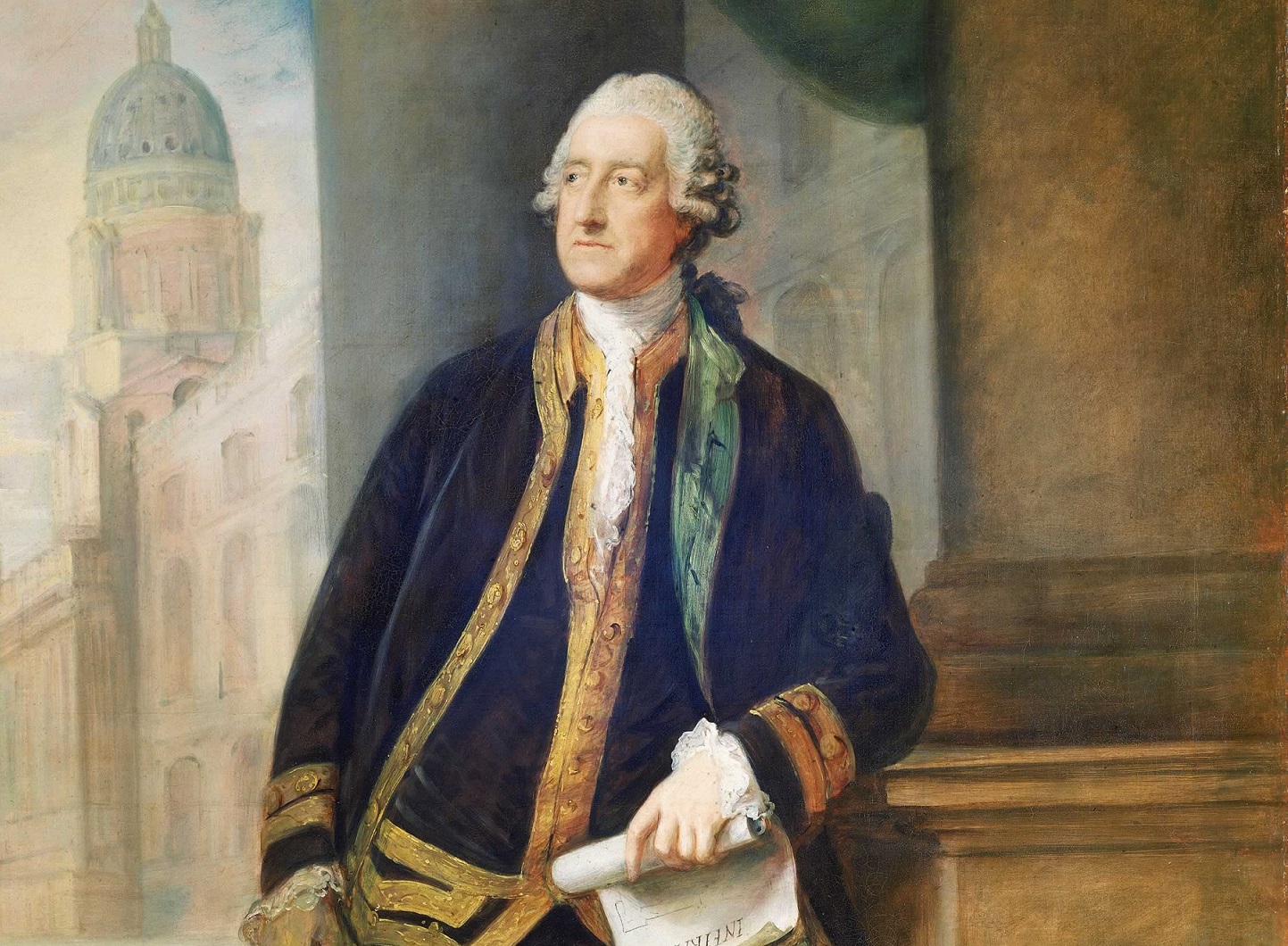 Thomas Gainsborough, Wikimedia Commons
Thomas Gainsborough, Wikimedia Commons
6. In the Court’s Protection
Montagu did not have an easy childhood. His father passed when he was four years old, his grandfather was insane and confined to his uncle’s house, and his mother abandoned him and his brother when she remarried, making John and his brother William wards of the English court.
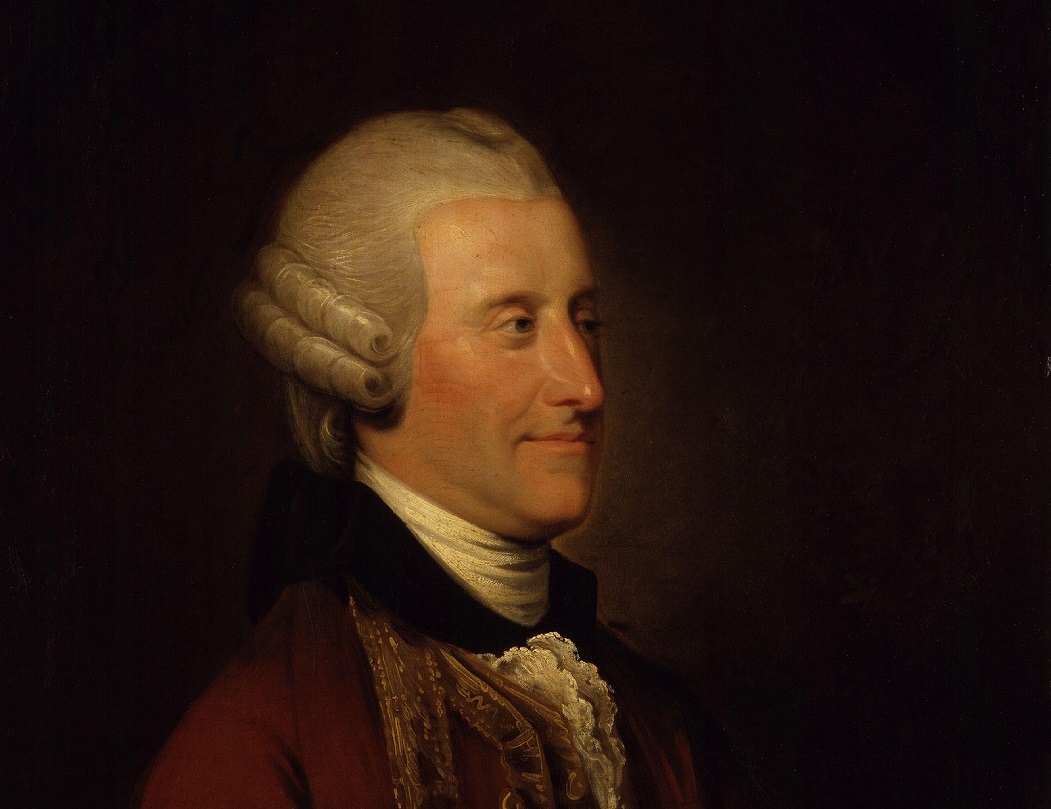 Johann Zoffany, Wikimedia Commons
Johann Zoffany, Wikimedia Commons
7. Poorest Earl in England
When his grandfather passed, young Montagu inherited a title but not much else. His grandmother took all of their money with her to Paris to support the exiled Stuarts, and allegedly threatened to disinherit him if he were to support King George II.
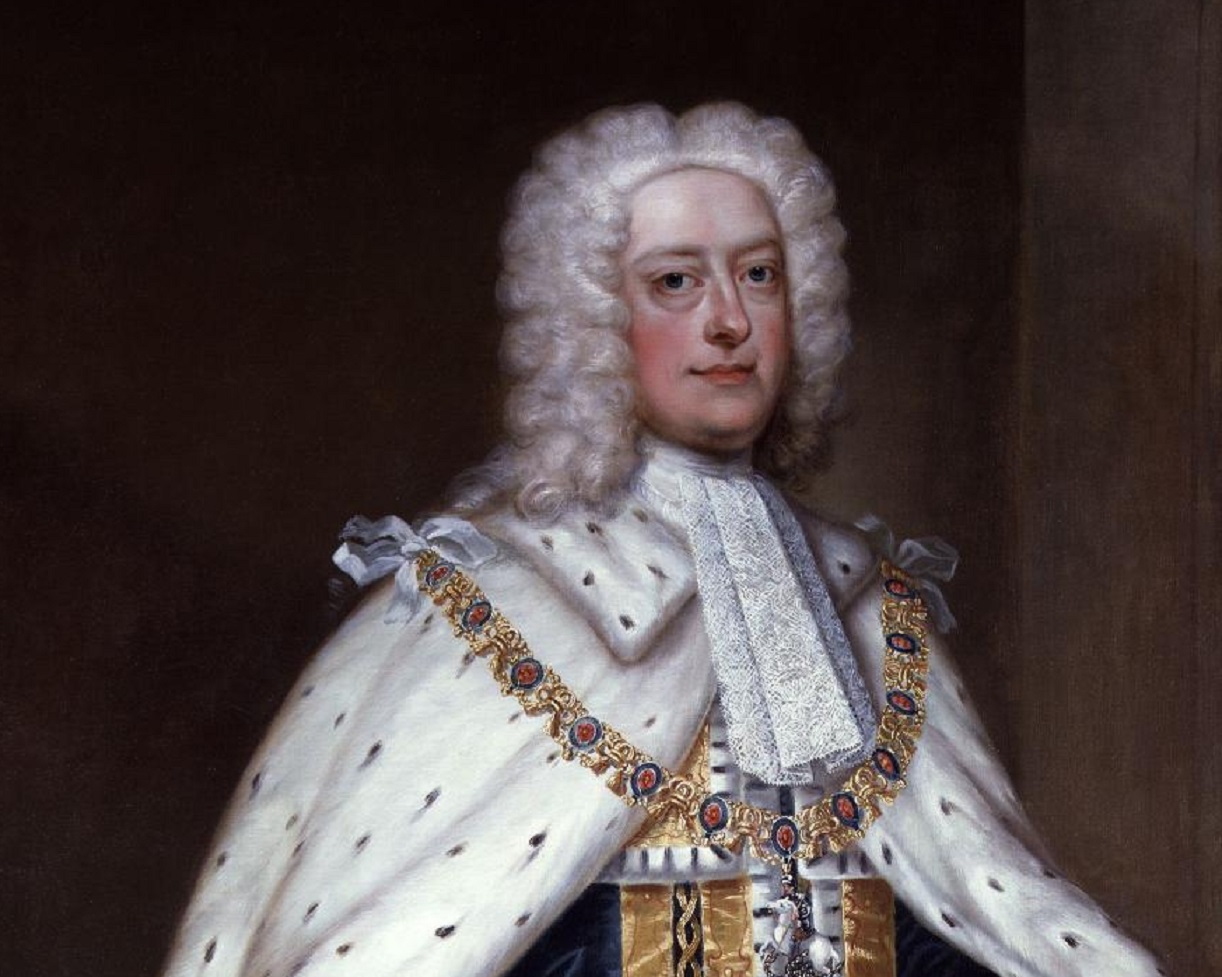 Studio of Charles Jervas, Wikimedia Commons
Studio of Charles Jervas, Wikimedia Commons
8. A Classical Education
Despite having not grown up in wealth, Montagu still managed to get a pretty decent education. He attended Eton College and did extremely well in his classes. By the time he left Eton for Trinity College in Cambridge, he was well-versed in Latin and Greek.
9. Negotiating Peace
The Congress of Breda, also known as the Breda peace talks, were a series of peace negotiations between France and Great Britain that took place in the Dutch city of Breda between 1746-1748. The talks were intended to end the Austrian Battle of Succession, and the event culminated in the signing of the Treaty of Aix-a-la-Chappelle. Montagu was sent to Breda as the British representative and was appointed the British Ambassador to the Dutch Republic
10. Moving on Up
Montagu’s work at Breda was considered to be pretty brilliant. He managed to intercept the French representative’s secret letters with the help of the British secret service and gain an advantage in the negotiations. This caught the attention of the Duke of Newcastle, who argued for him to be given a high position in government when he returned home.
11. In and Out
In 1748 he was appointed the first Lord of the Admiralty (political head of the Royal Navy) by the Earl of Bedford, but the position didn’t last long. When Bedford got into a fight with a political rival, the Duke of Newcastle, the Duke turned on him and got King George II to fire him.
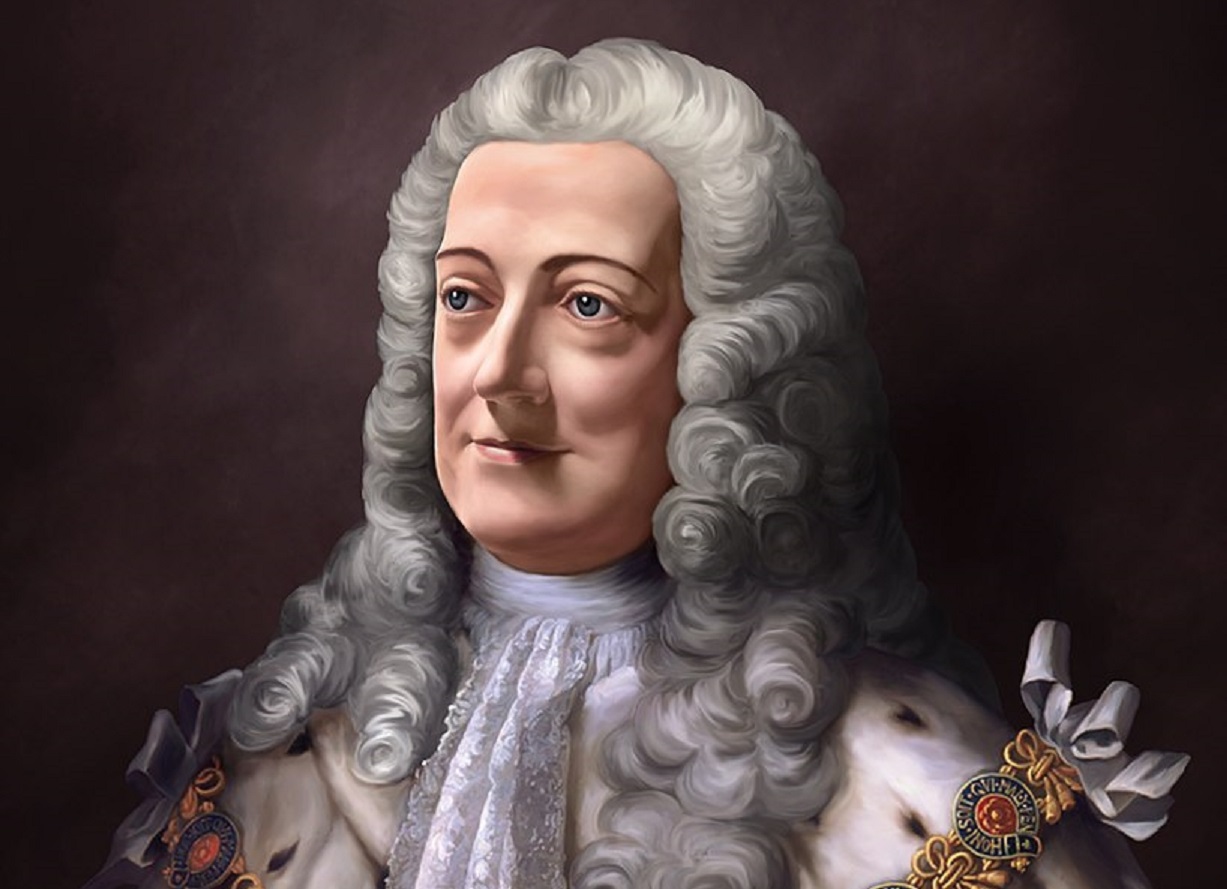 Uriel welsh, CC BY-SA 4.0, Wikimedia Commons
Uriel welsh, CC BY-SA 4.0, Wikimedia Commons
12. Misuse of Office
During his final stint as lord of the Admiralty from 1771-82, Montagu was accused by his enemies of using his office to take bribes and hand out political positions, but there was never any evidence to prove it.
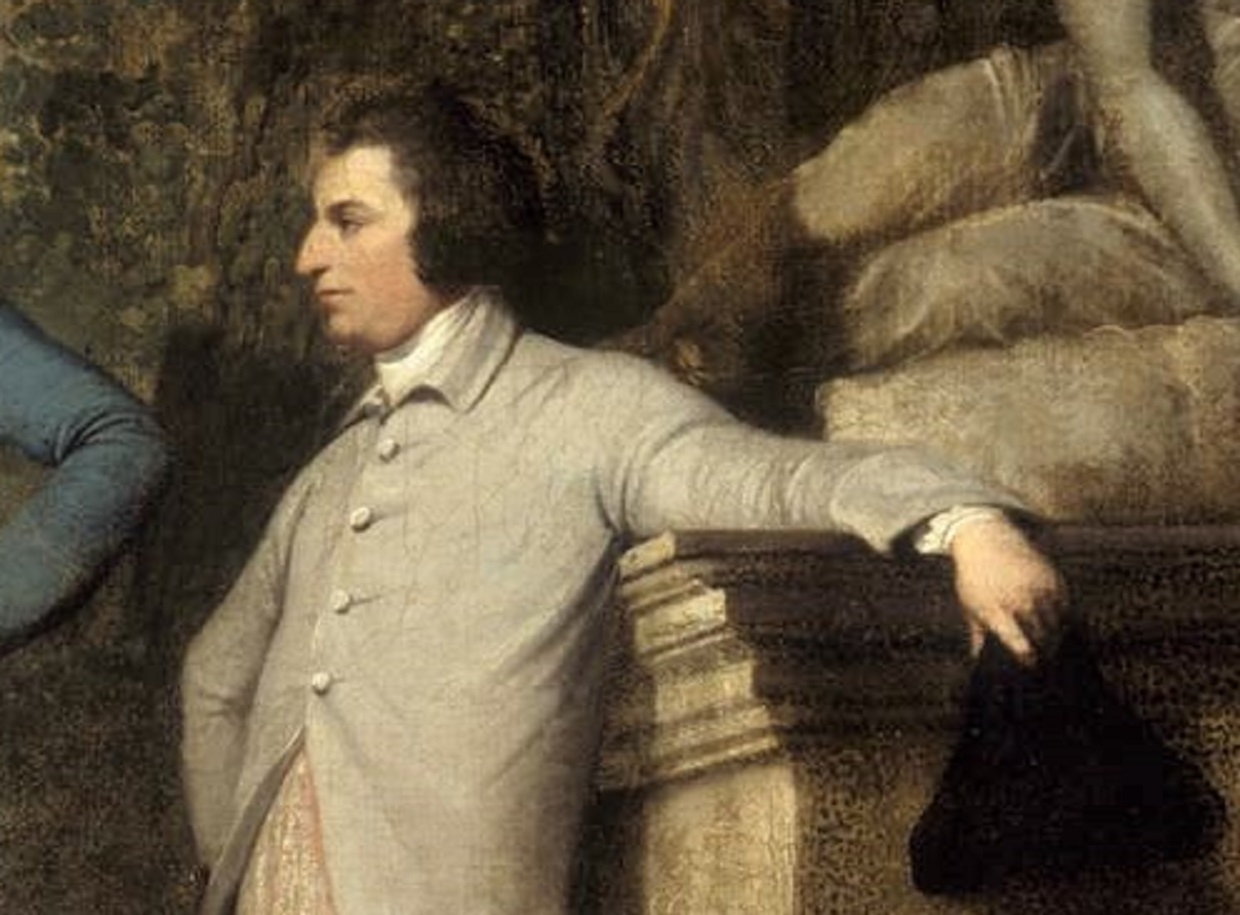 John Hamilton Mortimer, Wikimedia Commons
John Hamilton Mortimer, Wikimedia Commons
13. Loves the Cards
Montagu was majorly into playing cards and though the exact game he played isn’t known, it’s likely that it was some version of poker or euchre. Whether or not he was any good at it is also unknown, but it’s possible that his poker buddies bribed their way into political positions so maybe not?
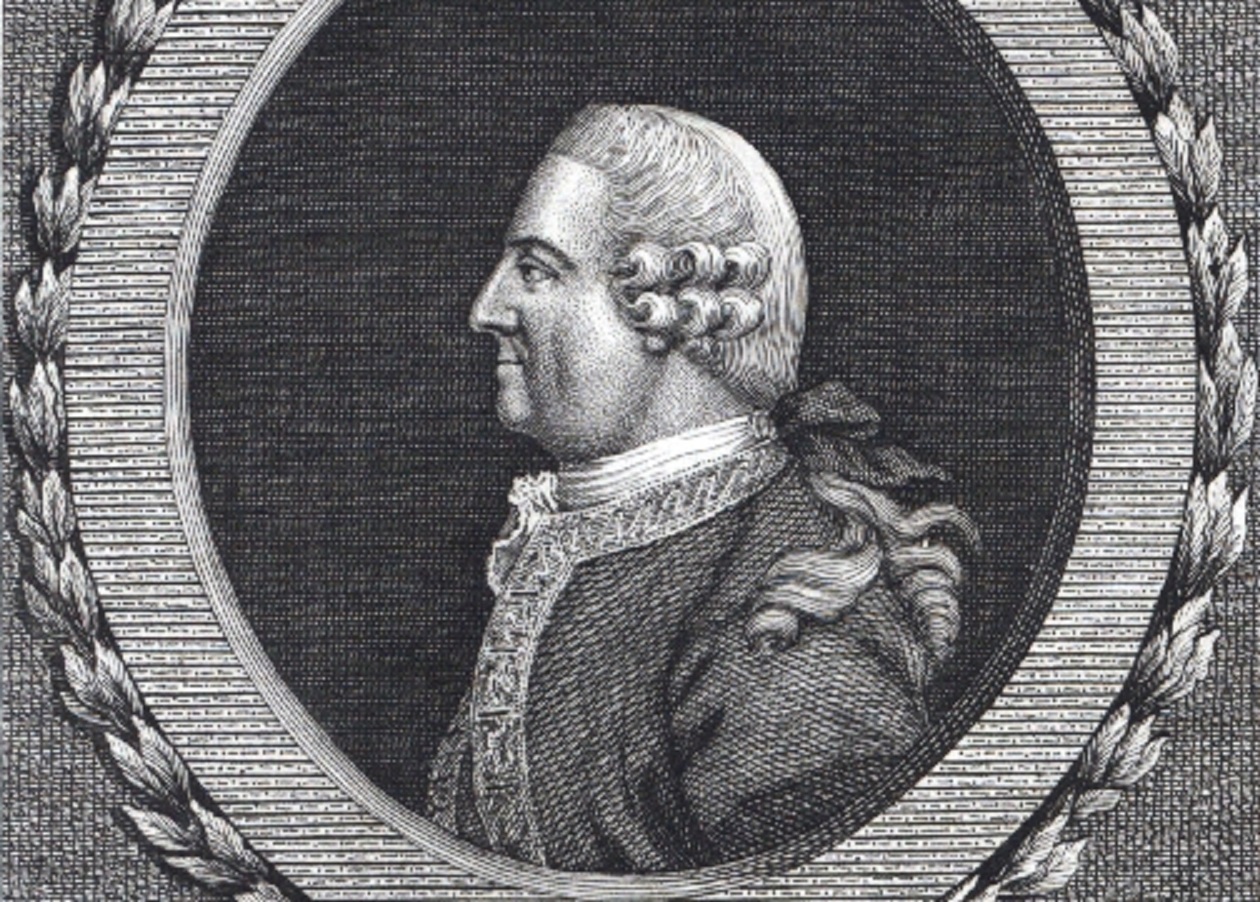 Ludwig Schmidt, Wikimedia Commons
Ludwig Schmidt, Wikimedia Commons
14. Grand Tour
Montagu only spent two years studying at Trinity College before he decided to drop out and travel abroad instead. First, he spent a year in France, and then he went on to visit Egypt, Greece, Turkey, Italy, and other European countries. Nice life!
15. Supper Club
The Divan Club was an exclusive dining club founded by Montagu and Sir Francis Dashwood in 1744 and was open to gentlemen who had visited countries in the Ottoman Empire. The club took its name from the Turkish word “divan,” which was a high government ministry in certain Islamic States. Members would share their experiences of their visits to the Middle East. It was dissolved in 1746 when Dashwood founded the Hellfire Club.
16. Patriot Party
The Patriot Party, also known as the Patriot Whigs, were a political group within the Whig party in Britain from 1725-1803. The group was formed in opposition to Robert Walpole’s Whig government, whom they believed had grown too powerful through misuse of power. As self-titled Patriots, they were critical of Britain’s foreign policy and contributed to Wagpole's fall three years later during the Austrian Battle of Succession.
17. A Sharp Critic
When Montagu took his seat in the House of Lords in 1739, he became a Patriot Whig and was one of the most critical of Walpole’s government, and particularly his handling of the Battle of Austrian Succession.
18. Lacking Elegance
Montagu wasn’t a particularly elegant or natural speaker, but thanks to his ability to clearly lay out his arguments, he gained some notice in parliament for his speeches.
19. Shared Responsibility
The responsibility of running the Admiralty was shared between Montagu and the highly experienced admiral Lord Anson. Montagu handled the administrative duties, while Anson managed the training and discipline. Anson also took over the role of First Lord Admiral when Montagu was ousted in 1751.
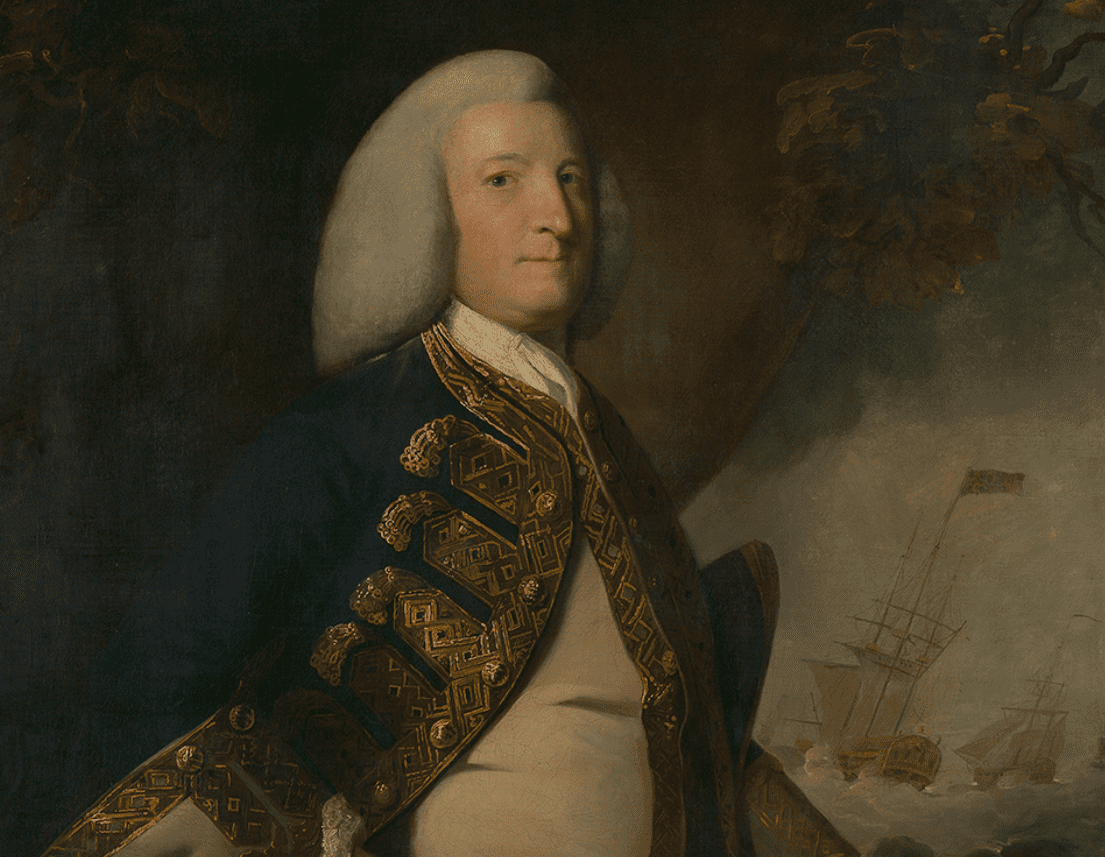 Wikimedia Commons
Wikimedia Commons
20. Significant Contributions
Britain’s naval failures in the American Revolution severely damaged Montagu’s reputation, but despite this, he did still make important contributions to the Navy during his three terms as First Lord Admiral. He gave the fleet copper-bottom hulls which improved their performance, improved the system of ship-to-ship signals, and introduced the carronade—a short-barreled light weapon on British warships. Not too shabby!
21. Lending Their Name
The current John Montagu (11th Earl of Sandwich) and his son Orlando took full advantage of their famous ancestry and licensed the name to a chain of sandwich shops called Earl of Sandwich. The first location opened in 2004 in Disney Springs, in partnership with the founder of Planet Hollywood. Fittingly, one of their signature sandwiches is the original 1762 which contains similar ingredients to what would have been on the fourth earl’s sandwich.
22. Temporarily Sidelined
While serving in the Duke of Bedford’s foot brigade in the Midlands in 1745, Montagu managed to get a fever that almost ended him. Thankfully he recovered and was able to jump back into his duties in the admiralty and remained an army officer—at least in name—for the rest of his life.
23. Distinctive Appearance
Montagu apparently had a unique appearance. His acquaintance Joseph Craddock once remarked to his companion that you could tell it was Montagu they saw walking along a street as he seemed to be “walking down both sides of the street at once".
24. Baboon Incident
There are numerous urban legends about what went on at the Hellfire Club, and among the stories is one that involved the journalist and politician John Wilkes and fellow member Montagu. One version of the story states that Wilkes brought a baboon dressed like the devil to one of their parties, and somehow it ended up in Montagu’s face. Montagu supposedly believed that the creature really was the devil and begged it to spare him saying he was “but half a sinner". How embarrassing!

25. Infamous Issue
In 1762 Wilkes founded the political paper The North Briton, whose purpose was to attack Lord Bute’s government. In the now famous issue 45, he launched some serious attacks on statements in the King’s speech which Wilkes claimed were untrue. The government ministers didn’t much like having such a harsh critic and had him detained . He was thrown into the Tower of London but was released a week later when the chief justice ruled that his arrest was a breach of parliamentary privilege. Talk about a narrow escape!
26. Falling Out
It’s not known exactly what caused Montagu to turn on Wilkes, but sometime around the 1760s, something happened (was it the famed baboon incident?) that turned Wilkes from friend to enemy. Montagu became determined to kick Wilkes out of parliament and wanted to take away his position and his immunity from being prosecuted. Whatever it was, it had to have been pretty major to go that far.
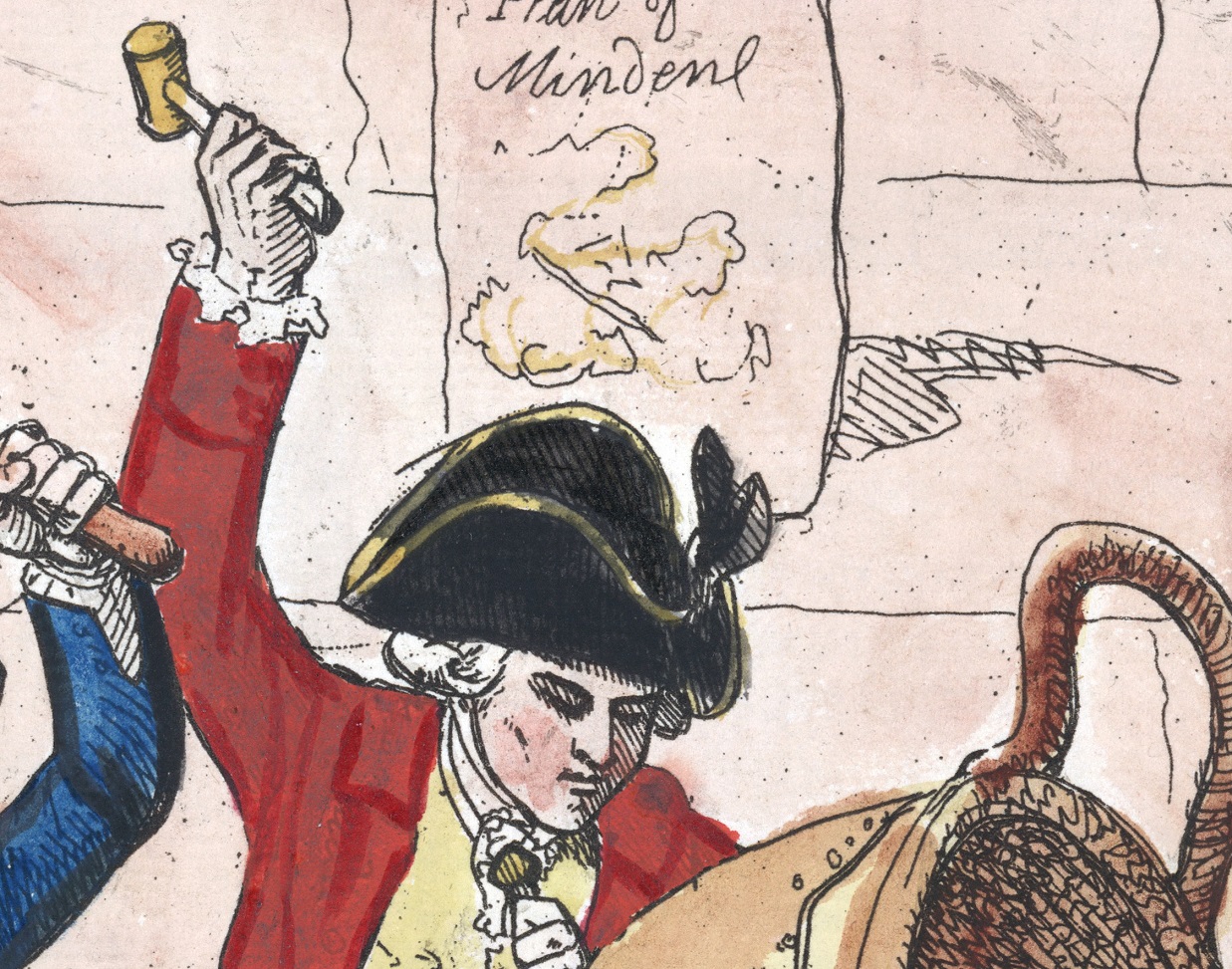 James Gillray, Wikimedia Commons
James Gillray, Wikimedia Commons
27. Getting the Goods
When Wilkes and his friend Thomas Potter wrote the obscene “Essay on Woman” (a parody of Alexander Pope’s “Essay on Man”) back in the 1759s, he never could have imagined that the essay would ultimately sink him. The pair printed a few copies for some of their buddies, but Montagu got hold of it and used it to exact his revenge upon Wilkes in Parliament by charging him with obscene libel and getting him booted out of parliament.
28. A Heck of a Zinger
In what’s frequently referred to as one of the best comebacks of all time, in an exchange of insults (also believed to have occurred after the alleged baboon incident) between c, Montagu said “Sir, I do not know whether you will die on the gallows or of the pox!" to which Wilkes retorted “That, sir, depends on whether I first embrace your Lordship's principles or your Lordship's mistresses". Burn!
29. Not Much of a Legacy
After a life spent in the army and politics, Montagu has largely been associated with incompetence, corruption, and for not being an especially great man. In fact, his supposed lack of legacy led his friends to jokingly suggest that his epitaph should read “Seldom has any man held so many offices and accomplished so little."
30. Love of Gambling
While in college, Montagu started his gambling career by occasionally betting on horses, but he eventually switched to cards, which is where his troubles began. Montagu apparently had no self-control and didn’t know when to quit. He would suffer huge losses at the card table in a single night and would keep playing in an effort to win his money back—like that was going to happen.
31. Spending His Winnings
Montagu may not have been lucky often, but he once won enough money that he was able to use the winnings to fully fund Captain Cook’s trips of exploration to the Pacific Islands. Without Montagu’s help, he might never have discovered the Sandwich Islands.
32. An Island in His Name
In honor of his friend and financial sponsor John Montagu, the explorer Captain Cook named the Hawaiian Islands the Sandwich Islands. He originally wanted to call them Sandwich Land, but Sandwich Islands definitely has a better ring to it!
33. Crazy for Cricket
Montagu was an avid sportsman. He reportedly sailed, fished, and played both tennis and skittles (a form of bowling), but his biggest passion was cricket. Records show him participating in the sport when he was in his early 20s and listed him as patron and captain of the Huntingdonshire county team. None of the records say whether or not he was any good, but caricatures of the earl frequently show him with a cricket bat so he must have been known for it.
34. Patron of the Arts
Once he’d retired from public life, Montagu turned his attention to another of his passions—music. He was one of the founders of the Gentleman’s Catch Club, which was a group hired performers who would sing different types of ancient music for Montagu in his home. He was also key in founding The Concerts of Ancient Music (also called King’s Concerts or Ancient Concerts) which were put on in London between 1776-1848. The concerts were the first public concerts to showcase works from composers such as Handel, Corelli, and other old works.
35. Celebrated Mistress
One of Montagu’s other mistresses was the notorious Fanny Murray. She was an English courtesan, fashion leader, and the subject of Wilkes’ fateful “Essay on Women". Montagu was so into her that he hung a undressed portrait of her in his apartments, and liked to show it to visitors. She was also a guest at the Hellfire Club and was possibly a member of the harem at the Divan Club. She certainly got around!
36. Without a Cent
Despite being an Earl, Montagu never seemed to have any money. He frequently borrowed money from his royal connections, including a large sum from the Prince of Wales and he had so little money left that he even had to ask his friend Admiral Molyneux Shuldham to take care of his kids financially. By the time he passed in 1792, Montagu’s gambling habits had left him completely broke.
37. Bad Decisions
One of the sharpest criticisms of Montagu was his decision to keep the naval ships in British waters for the better part of the American Revolution. Critics felt that it was in part to this action that led to the loss of the American colonies, but Montagu’s choices weren’t baseless. He was worried that if he sent the ships to the Americas the French could attack Britain and start a battle. Maybe it wasn’t the best choice, but hindsight is 20/20!
38. Cooky Countess
In 1741, Montagu married a young woman named Dorothy Fane, whom he’d met through her brother while in Florence. The pair had five children, but after the birth of their youngest child in 1752, she started losing her mind. She was eventually declared insane by the Court of Chancery and became their ward for the rest of her life.
39. The Earl’s Mistress
As his wife’s condition and their marriage deteriorated, Montagu set his eye on another young woman named Martha Ray. She was 17 years old when he took her as a mistress in 1759, and they remained together until her ending in 1779.
40. A Comfortable Arrangement
For the duration of their affair, Montagu and Ray had an arrangement that suited them both. They lived together, appeared together in public as a couple, and he paid for her education and career as an opera singer. The couple also had five children together, one of whom, Basil Montagu became a famous jurist, barrister, and writer.
41. Unrequited Love
In 1775, Montagu’s mistress Martha Ray met and befriended a young man named James Hackman. Hackman was totally smitten with Ray, kept trying to lure her away from Montagu. Possibly frustrated by the lack of return on his affections, on April 7, 1779, he shot her in the face with two guns and then tried unsuccessfully to kill himself.
42. True Love Lost
Upon hearing of Ray’s Passing, Montagu was reportedly so upset that he locked himself in his room and cried. He must have genuinely loved her because he supposedly never got over her loss.
43. For Persons of Quality
Montagu was one of the original members of the Order of the Friars of St. Francis of Wycombe (later called the Hellfire Club) founded by his friend Sir Francis Dashwood. The club was for persons of “quality” who wanted to participate in socially taboo acts, and their motto was “Fais ce que tu voudras,” which is French for do what you will. Exactly what they did there is hard to say, but rumors suggest that intercourse and booze were involved. Sounds like a fun time!
Sources: 1, 2, 3, 4, 5, 6, 7, 8, 9, 10, 11, 12, 13, 14, 15, 16, 17, 18, 19, 20, 21, 22, 23, 24, 25, 26, 27, 28, 29, 30, 31, 32, 33, 34

